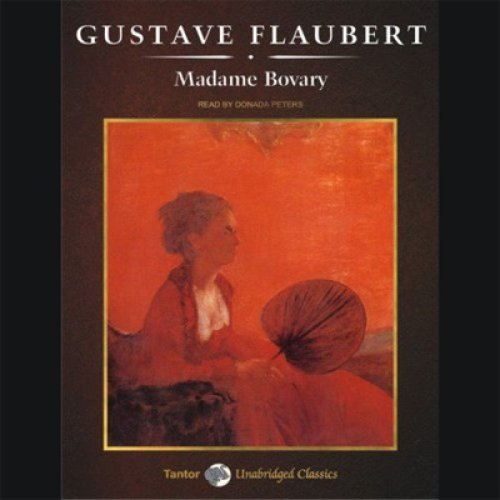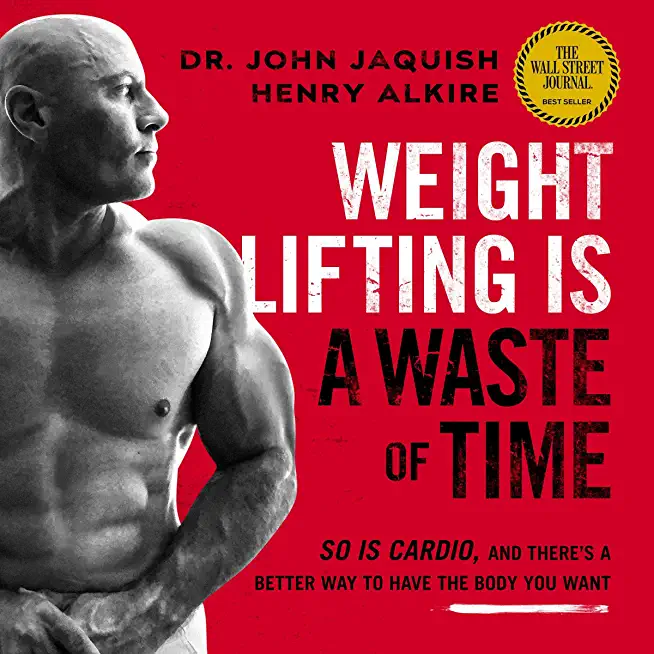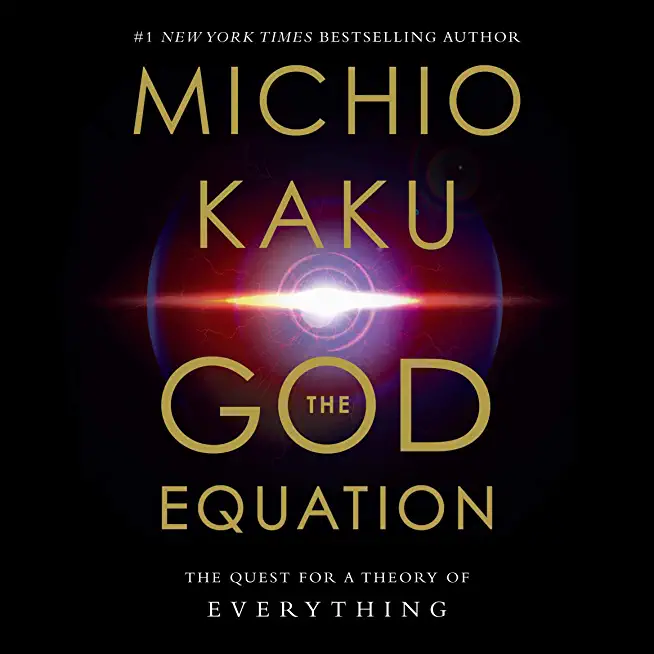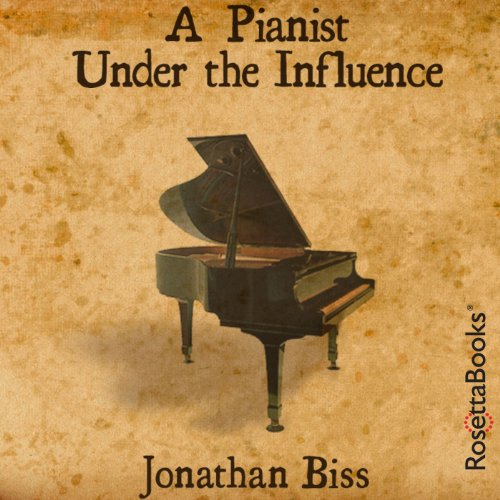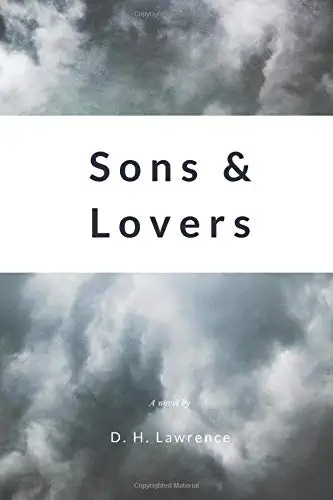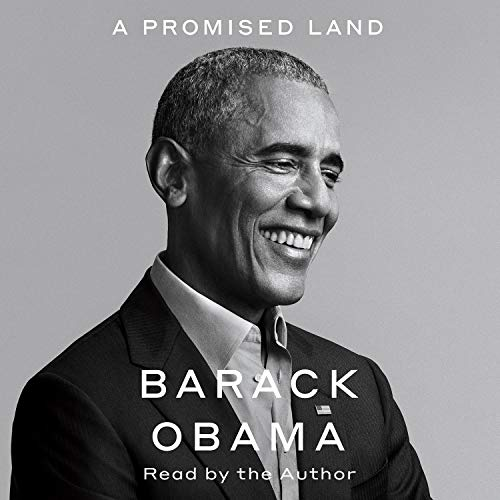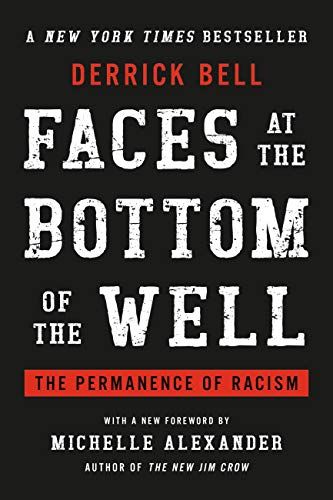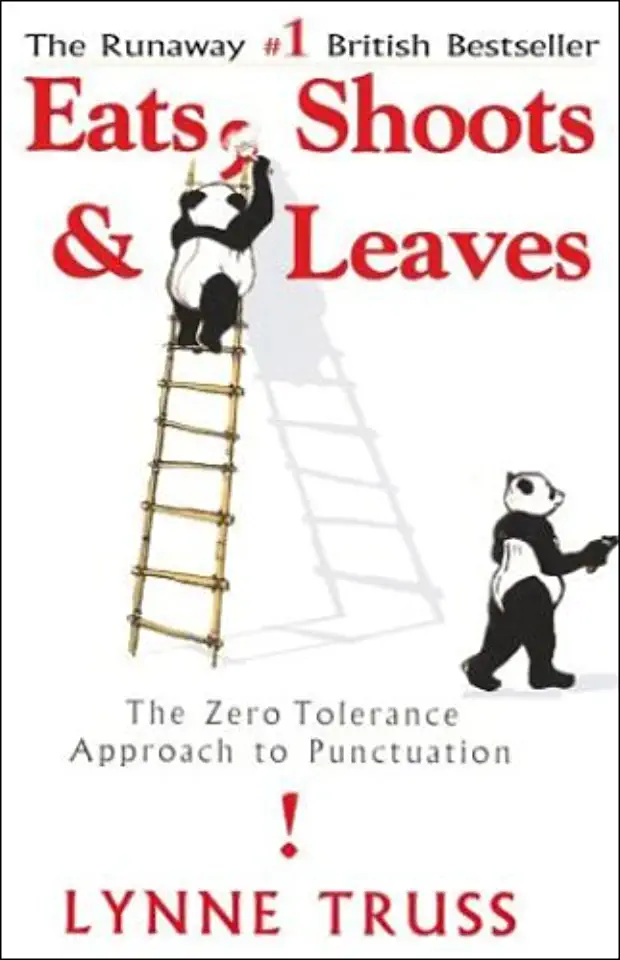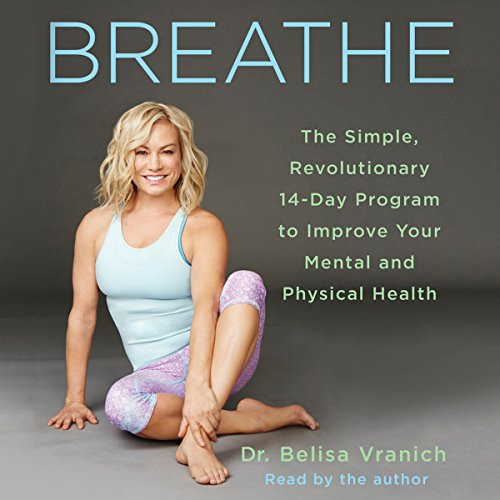What are you reading now?
-
@kluurs said in What are you reading now?:
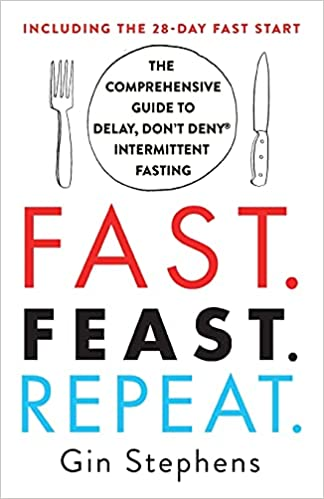
I couldn't abide this one. She writes as if she assumes her readers are imbeciles. Or maybe 10 years old.
.
.
.
.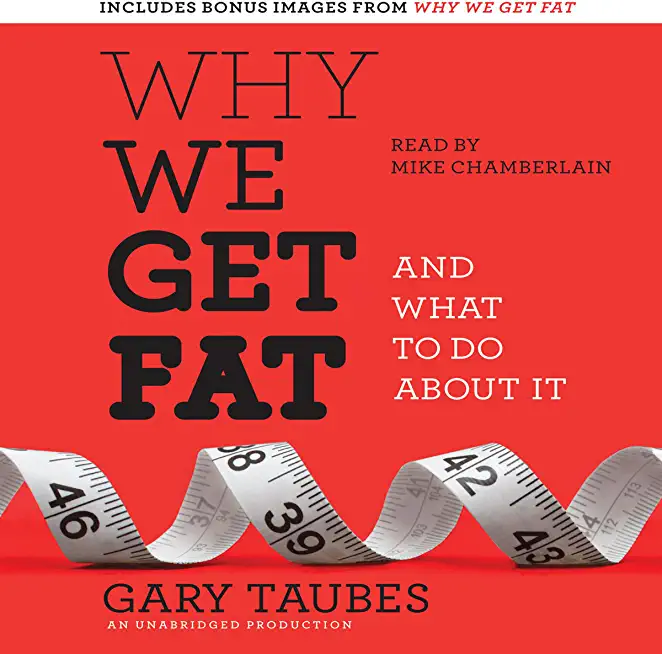
This one I loved. Also it has better practical knowledge. It's interesting that the "scientific consensus", and in particular the officially supported one from the governmental authorities, is still so wrong about weight loss. (Says a lot about "scientific consensus" in general.) There shouldn't be any reasonable doubt anymore that low carb diets are the best general approach. I was amused how Taubes, near the end of the book, gave a middle finger to diet books in general when he begrudgingly gave some simple diet advice: tape up on your refrigerator a one-page dietary outline given in a 1951 endocrinology textbook. It basically says to avoid carbs.
-
@kluurs said in What are you reading now?:

I couldn't abide this one. She writes as if she assumes her readers are imbeciles. Or maybe 10 years old.
.
.
.
.
This one I loved. Also it has better practical knowledge. It's interesting that the "scientific consensus", and in particular the officially supported one from the governmental authorities, is still so wrong about weight loss. (Says a lot about "scientific consensus" in general.) There shouldn't be any reasonable doubt anymore that low carb diets are the best general approach. I was amused how Taubes, near the end of the book, gave a middle finger to diet books in general when he begrudgingly gave some simple diet advice: tape up on your refrigerator a one-page dietary outline given in a 1951 endocrinology textbook. It basically says to avoid carbs.
-
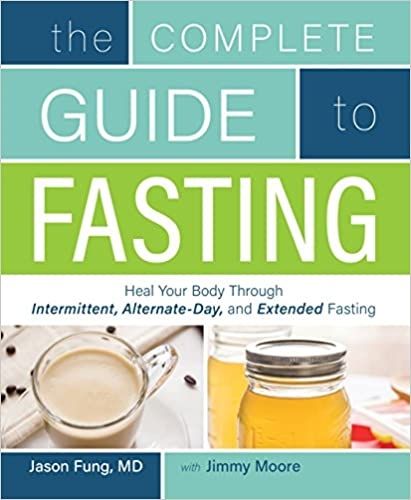
I am amused by the disclaimer. "This book is for educational purposes only and is not intended as medical advice. Please consult a medical provider to determine the appropriateness of this information."
Then the book goes on to explain how most medical professionals are completely wrong and cannot be trusted on this subject.
-

I am amused by the disclaimer. "This book is for educational purposes only and is not intended as medical advice. Please consult a medical provider to determine the appropriateness of this information."
Then the book goes on to explain how most medical professionals are completely wrong and cannot be trusted on this subject.
@horace I just started reading this one. I prefer Dr. Fung's take on things to the Fast Feast Repeat book written by the teacher/educator. The thing I dislike about this latest book is the heavy handed promotion of Mr. Moore's other books. That seems a trend in a few of these books - hawking other books, supplements, products, etc.
-
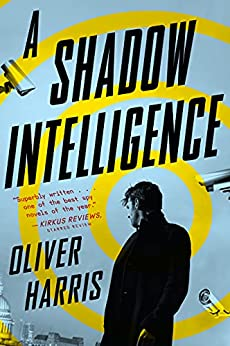
I haven't redd this book, but as there are a number of Le Carre fans here, I'm posting it because of what Kirkus Review said about it: “An absorbing, superbly written novel likely to stand as one of the best spy novels of the year”
-

I haven't redd this book, but as there are a number of Le Carre fans here, I'm posting it because of what Kirkus Review said about it: “An absorbing, superbly written novel likely to stand as one of the best spy novels of the year”
@catseye3 thanks for the heads-up. I love a good spy thriller.
I remember @bachophile recommending Red Sparrow, which I loved. However, the next couple of books in the series were not quite as good.
However, fiction is never as good as fact.
Want some real good spy stuff? Read Ben MacIntyre!
-
Cats I hope u enjoyed the Hail Mary project. I thought it was very cool sci if.
I can also recommended the bomber mafia, which I listened to as an audio book. For WW2 history buffs.
-
Thanks for the recco.
Perusing his book The Spy and the Traitor, here's the last line of the Amazon blurb: "Like the greatest novels of John le Carré, it brings readers deep into a world of treachery and betrayal, where the lines bleed between the personal and the professional, and one man's hatred of communism had the power to change the future of nations." !!!
Speaking of Le Carre, he wrote, "“The best true spy story I have ever read.” Whoa! Could you ask for a better cover blurb???
-
Thanks for the recco.
Perusing his book The Spy and the Traitor, here's the last line of the Amazon blurb: "Like the greatest novels of John le Carré, it brings readers deep into a world of treachery and betrayal, where the lines bleed between the personal and the professional, and one man's hatred of communism had the power to change the future of nations." !!!
Speaking of Le Carre, he wrote, "“The best true spy story I have ever read.” Whoa! Could you ask for a better cover blurb???
For the ultimate le carre experience, the Karla trilogy. I’ve read it a number of times.
-
Here I am again.

The exploits of the man in this book, Witold Pilecki, I redd about in some detail in another book. So gripping, I redd it twice. Tremendously heroic, a story of unbelievable courage.
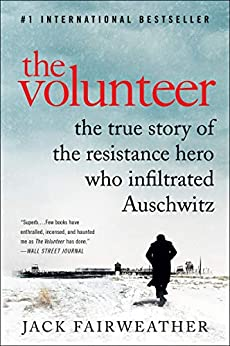
Amazon: The incredible true story of a Polish resistance fighter’s infiltration of Auschwitz to sabotage the camp from within, and his death-defying attempt to warn the Allies about the Nazis’ plans for a “Final Solution” before it was too late.
To uncover the fate of the thousands being interred at a mysterious Nazi camp on the border of the Reich, a thirty-nine-year-old Polish resistance fighter named Witold Pilecki volunteered for an audacious mission: assume a fake identity, intentionally get captured and sent to the new camp, and then report back to the underground on what had happened to his compatriots there. But gathering information was not his only task: he was to execute an attack from inside—where the Germans would least expect it.
The name of the camp was Auschwitz.
Over the next two and half years, Pilecki forged an underground army within Auschwitz that sabotaged facilities, assassinated Nazi informants and officers, and gathered evidence of terrifying abuse and mass murder. But as he pieced together the horrifying truth that the camp was to become the epicenter of Nazi plans to exterminate Europe’s Jews, Pilecki realized he would have to risk his men, his life, and his family to warn the West before all was lost. To do so, meant attempting the impossible—an escape from Auschwitz itself.
2.557 ratings; average 4.5 stars
-
Another so called classic off the "should be read" list. I'm sure the book was startling for 1955. I never had an interest in reading it because of the subject matter - and can appreciate the adverse critical response to the book. I'm not sure if would have achieved its status were it not for it being banned for a period of time. The writing is at times salacious, engaging, and occasionally witty, but ultimately for me, meh.

I've just started this one - and hope it lives up to its hype. Per the book, 90% of us are not breathing correctly (hint: should not be mouth breathers).
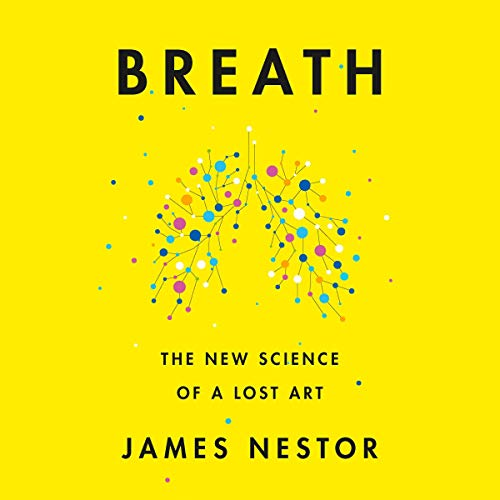
-
Another so called classic off the "should be read" list. I'm sure the book was startling for 1955. I never had an interest in reading it because of the subject matter - and can appreciate the adverse critical response to the book. I'm not sure if would have achieved its status were it not for it being banned for a period of time. The writing is at times salacious, engaging, and occasionally witty, but ultimately for me, meh.

I've just started this one - and hope it lives up to its hype. Per the book, 90% of us are not breathing correctly (hint: should not be mouth breathers).

-
@kluurs said in What are you reading now?:
Per the book, 90% of us are not breathing correctly (hint: should not be mouth breathers).
A book has to be written to tell me to breathe through my nose?
Really?
A book has to be written to tell me to breathe through my nose?
Really?
I'm only on the first chapter. I suspect there will be more to learn, and the book has 12000 5-star reviews. What he does talk about in the first chapter is that people even a couple of hundred years ago seemed to have wider mouths and better developed airways. He goes into some of the evolutionary developments of the sinuses and airways in general. It appears that we're developing in ways that are increasing deformities of the mouth and increasing our risk for respiratory problems. I'll have a better sense of things after I finish the book.
One of the points I found interesting is that even with high performance areas - such as running/cycling - breathing through the nose, while reducing the number of breaths, increased endurance.
-
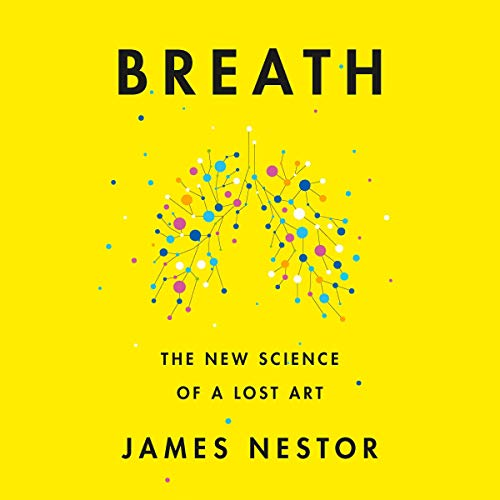
This book is a bit uneven and I suspect most of you will have your BS meter go off at least once. On the other hand, there is a fair amount of interesting and useful information. Originally, I passed up on the book as I wasn't sure the topic deserved the time. The author notes that people can train their breathing - and even remodel some of the airways - even late in life. There's some discussion that our modern mouths are different than even a couple of hundred years ago - more cramped with crappy teeth, especially compared to people a few hundred years ago - though I'm not entirely sold on that.
He talks about the divers who train themselves to hold their breath for several minutes - and notes that divers seem to believe that most others can train themselves to do the same. He provides some evidence to suggest that breath training could help asthmatics and others with breathing issues.
There's some discussion that breathing can help other conditions aside from breathing such as scoliosis - which I find less credible - but who knows?
I have both the audio and hardcopy of the book - and would suggest the audio as the appendix has a guided overview of breath training - where they actually provide the exercises.
